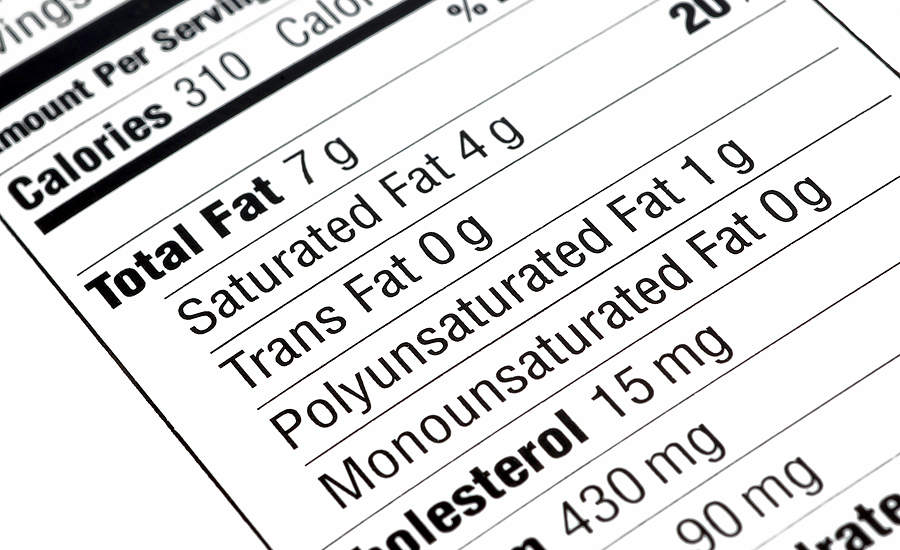Study: 72% of Americans confused by nutrition labels
The study highlighted that 54% of U.S. shoppers want retailers to do more to encourage healthy eating.

Americans are at risk of serious illnesses, as 72% of consumers surveyed do not understand the recommended levels of salt, fat and sugar consumption, according to new research revealed by Spoon Guru, UK. The study also revealed just 28% of shoppers think they can confidently decipher the value of nutrients in food, with an opportunity for retailers to offer new tools to give better transparency.
The study, which looked into consumer spending habits and motivations for purchasing decisions, highlighted that 54% of U.S. shoppers want retailers to do more to encourage healthy eating. The survey found a quarter of Americans believe retailers should offer tools to identify the right foods to improve health and dietary requirements.
What’s more is, 40% of Americans revealed they are afraid of developing a serious illness and 19% fear an early death due to an unhealthy diet. As a result, 74% of those surveyed stated they have tried to improve their health and well-being over the past year, however the study suggests they are failing, with 88% revealing their diet is still unhealthy. In line with these findings, 68% of respondents revealed they eat five or more processed meals a week, despite half of Americans (50%) claiming they have been eating less processed food over the past year. The conflicting results suggest shoppers may be attempting to eat healthier, but are unaware processed foods include cereals, pasta, cheese, etc.
Furthermore, those who stated they were eating less sugar (55%), the research found that almost a third of U.S. consumers (29%) are using honey as an alternative and 10% are using maple syrup, suggesting consumers are lacking the knowledge that these products contain a high level of sugar. Additionally, two in five (42%) respondents admitted they add two or more spoonfuls of sugar to their daily hot drinks. Meanwhile, 32% of Americans are also only eating one piece of fruit a day and 23% one vegetable.
In a bid to prevent health-related diseases by improving their diet, 59% revealed the cost of their weekly grocery shop had increased, with most claiming to spend as much as $31 more each week. The cost associated with eating healthy proved to be the biggest barrier for 48% of those surveyed, with 67% of respondents claiming they would purchase healthier food if retailers lowered costs.
To encourage healthy eating, U.S. consumers want retailers to:
- 67% want lower costs on healthy options
- 44% want more promotions of healthy products
- 35% want healthy snacks by the checkout.
- 32% want better placement of healthy foods in-store.
- 25% want suggestions on healthy food swaps.
Tools needed to encourage U.S. shoppers to make healthier food choices:
- 46% want in-store food discovery taste tests.
- 40% want healthy eating recipes in-store.
- 39% want better food labels on packaging.
- 37% want better food labels on shelves.
- 25% want technology to aid food discovery.
“Americans are trying to adopt a healthier diet, however there is a need for further clarity around nutrition. In particular, how they can manage their fat, salt and sugar intake to prevent health-related illnesses. What is also clear from the research is that a quarter of consumers are open to exploring technology that can assist with the everyday challenge to find the right foods in order to eat healthier,” says Markus Stripf, co-founder and CEO. “The great news is some retailers have already become early adopters of this innovative technology to help customers.”
Looking for a reprint of this article?
From high-res PDFs to custom plaques, order your copy today!




